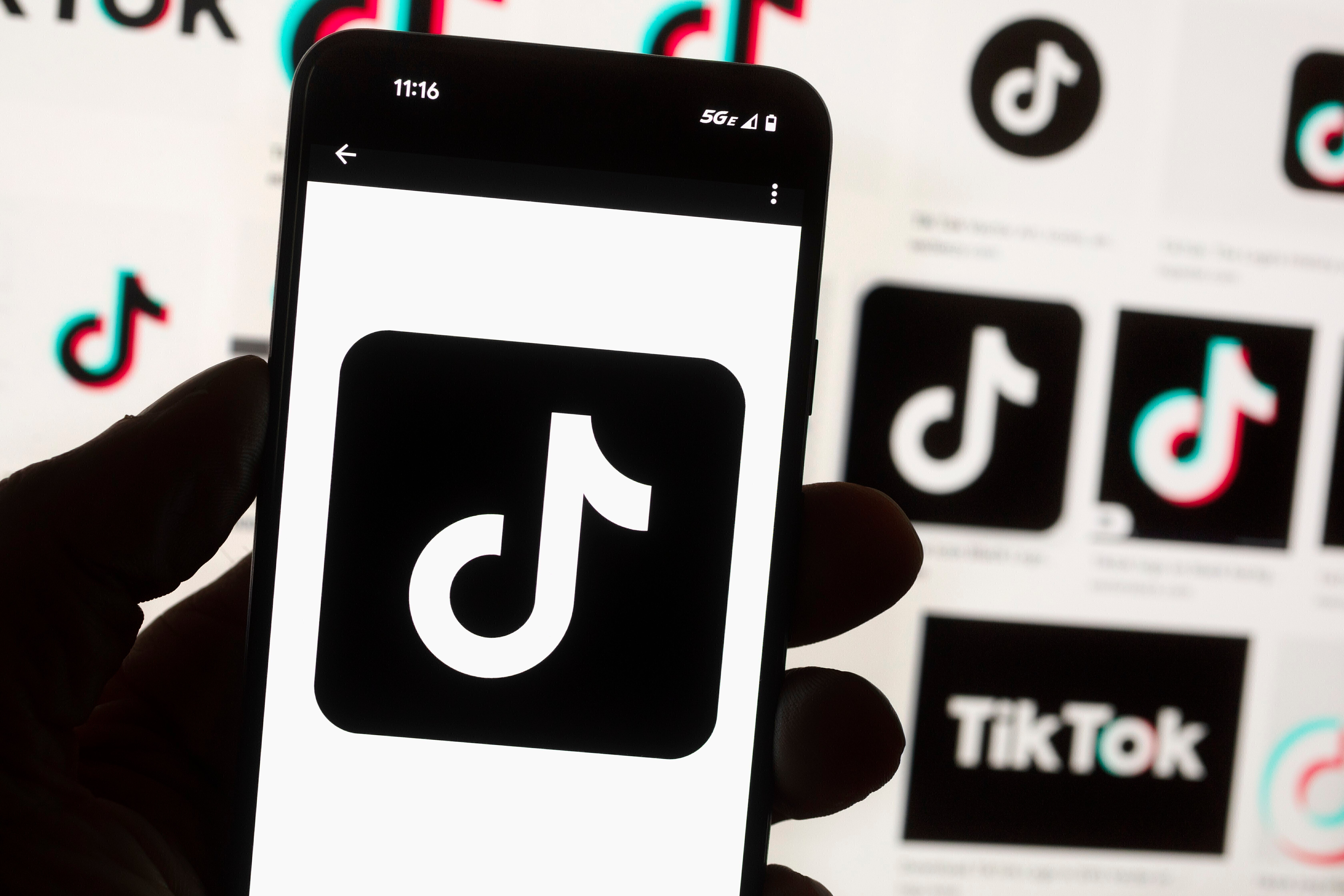TikTok sues US to block law that could ban the social media platform
TikTok and its Chinese parent company ByteDance are suing the U.S. federal government to challenge a law that would force the sale of ByteDance’s stake or face a ban, saying that the law is unconstitutional

Your support helps us to tell the story
From reproductive rights to climate change to Big Tech, The Independent is on the ground when the story is developing. Whether it's investigating the financials of Elon Musk's pro-Trump PAC or producing our latest documentary, 'The A Word', which shines a light on the American women fighting for reproductive rights, we know how important it is to parse out the facts from the messaging.
At such a critical moment in US history, we need reporters on the ground. Your donation allows us to keep sending journalists to speak to both sides of the story.
The Independent is trusted by Americans across the entire political spectrum. And unlike many other quality news outlets, we choose not to lock Americans out of our reporting and analysis with paywalls. We believe quality journalism should be available to everyone, paid for by those who can afford it.
Your support makes all the difference.TikTok and its Chinese parent company ByteDance are suing the U.S. federal government to challenge a law that would force the sale of ByteDance's stake or face a ban, saying that the law is unconstitutional.
The lawsuit filed on Tuesday may be setting up what could be a protracted legal fight over its future in the United States.
The popular social video company alleged the law, which President Joe Biden signed as part of a larger $95 billion foreign aid package, is so “obviously unconstitutional” that the sponsors of The Protecting Americans From Foreign Adversary Controlled Applications Act are trying to portray the law not as a ban, but as a regulation of TikTok's ownership.
The law requires TikTok’s parent, ByteDance, to sell the platform within nine months. If a sale is already in progress, the company will get another three months to complete the deal. ByteDance has said it “doesn’t have any plan to sell TikTok.” But even it wanted to divest, the company would have to get a blessing from Beijing, which previously opposed a forced sale of the platform and has signaled its opposition this time around.
The fight over TikTok takes place as U.S.-China relations have shifted to that of intense strategic rivalry, especially in areas such as advanced technologies and data security, seen as essential to each country’s economic prowess and national security.
U.S. lawmakers from both parties, as well as administration and law enforcement officials, have expressed concerns that Chinese authorities could force ByteDance to hand over U.S. user data or sway public opinion by manipulating the algorithm that populates users' feeds. Some have also pointed to a Rutgers University study that maintains TikTok content was being amplified or underrepresented based on how it aligns with the interests of the Chinese government, which the company disputes.
Opponents of the law argue that Chinese authorities - or any nefarious parties - could easily get information on Americans in other ways, including through commercial data brokers that rent or sell personal information. They note the U.S. government hasn't provided public evidence that shows TikTok sharing U.S. user information with Chinese authorities, or tinkering with its algorithm for China's benefit. They also say attempts to ban the app could violate free speech rights in the U.S.